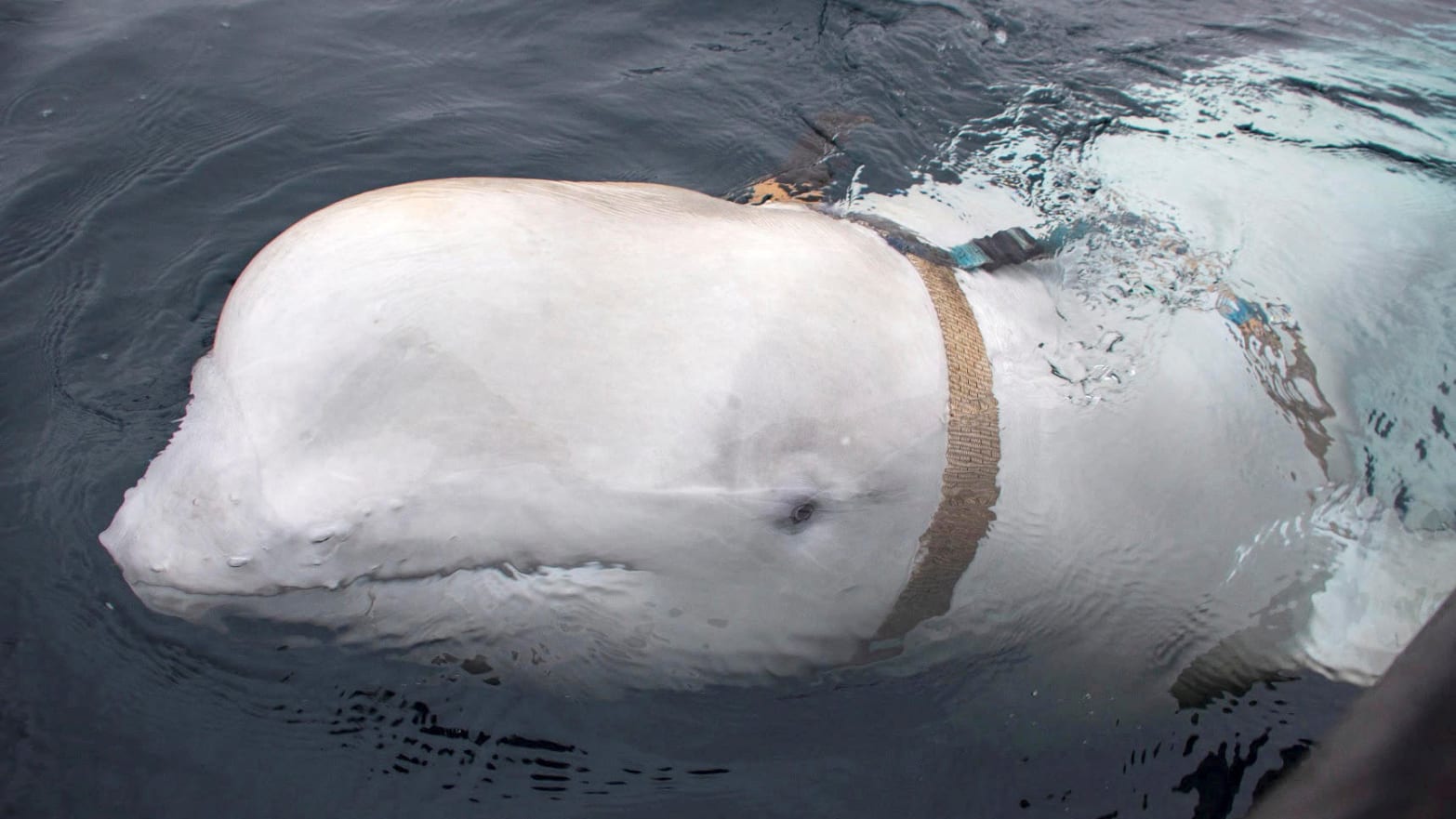Are You Ready for Some Private Equity Football?
FacebookTwitter

Photograph Source: vtravelled.com – CC BY 2.0
The billionaires who run the world’s most phenomenally profitable sport have just decided to “share the wealth” — with the greediest of their fellow rich. By a 31-1 margin, the owners of the 32 pro football franchises that make up the NFL have just voted to crack open their money-making machine to the investment fund kingpins of private equity.
The NFL isn’t exactly welcoming in private equity with totally open arms. Only some NFL-pre-approved private equity firms will initially be able to buy up stakes in NFL franchises, and the NFL will allow no single private equity stake to amount to over 10 percent of a franchise’s total value.
The current NFL billionaire owners, in other words, will still be calling all the shots. These owners are essentially counting on their new private equity pals to make them even more powerful shot-callers.
How so? Right now, for instance, NFL owners have to bargain with elected officials over how lush the taxpayer subsidies they expect and extract will be. Welcoming private equity into the NFL will only strenghten the owners’ bargaining position. They’ll be able to leverage their new access to private equity cash to tighten their squeeze on local pols: Give us what we want or we’ll build our new stadium outside your jurisdiction.
The downside of letting private equity in? NFL owners don’t see one. After all, every other major pro sport — from baseball and basketball to hockey and soccer — is already sporting a private equity presence.
In Major League Baseball, that presence began after MLB took control over the baseball minor leagues in 2020, knocked a number of small cities out of the minor league system, and eliminated the prohibition against the ownership of multiple minor league teams. That made the minors a tempting target for a private equity greed grab.
Silver Lake Partners, the world’s 15th-largest private equity firm, has taken the lead on that grabbing. Silver Lake has been underwriting Diamond Baseball Holdings, an operation that has already bought up over a quarter of Major League Baseball’s 120 minor league franchises and has no plans to stop buying up franchises anytime soon.
The basic Diamond Baseball Holding’s gameplan with these franchises? Demand public subsidies that have so far cost local communities hundreds of millions of dollars. This foisting of costs onto taxpayers, notes Boondoggle analyst Pat Garofalo, comes “with the ever-present threat of moving teams out of communities that don’t comply.”
Silver Lake is currently managing over $100 billion in overall combined assets, and the ownership of these assets can get complicated. Diamond Baseball Holdings, for instance, originated as an enterprise owned by the Silver Lake-backed Endeavor entertainment industry colossus. Silver Lake is now planning to take the publicly traded Endeavor private in a transaction some are calling the largest in media and entertainment history.
This transaction will be particularly rewarding for the executives involved.
Endeavor CEO Ari Emanuel will receive a $25 million “asset sale transaction bonus.” Endeavor COO — chief operating officer — Mark Shapiro, Deadline.com reports, will see his base salary jump to $7 million a year, with a guaranteed annual $15 million bonus. He’ll also be “eligible for a $15 million transaction bonus when Endeavor is privatized” as well as a maximum cash bonus of $100 million “upon the completion of certain qualifying asset sales.”
Emanuel and Shapiro will also each receive a private plane.
The private-equity industry has, over time, been generating plenty of windfalls like these. For decades now, private equity firms have been buying up firms, charging them enormous fees, and stripping them of their assets. The private equity execs, their pockets full, then sell off what remains of the firms they’ve so ruthlessly exploited and depart the scene, leaving behind laid-off workers and unhappy consumers.
America’s largest participation sport — bowling — has been experiencing a good bit of this classic private equity pattern. Private equity investors have enabled one giant company, Bowlero, to dominate what used to be a locally controlled leisure-time enterprise.
Just 10 years old, Bowlero now runs over 350 bowling centers nationwide. Prices at these centers have gone up, the Lever’s Amos Barshad reports, and maintenance has gone down. Bolero has even introduced “Uber-like surge pricing.” A few hours of bowling at a Northern California Bowlero can now set a family back more than $400. Bathrooms at another Bolero can “go days without being cleaned.”
Private equity top execs, meanwhile, are certainly cleaning up at pay time. The CEO of the Blackstone private equity giant, Steve Schwarzman, last year pocketed $896.7 million in dividends and compensation, just a bit off the $1.1 billion he inhaled back in 2021.
Numbers like these have caught the attention of some members of Congress. This past April, U.S. senator Tammy Baldwin from Wisconsin and 14 of her Senate colleagues introduced legislation that would nearly double the federal tax rate on the income private equity firms pull in. Success with that legislation could lead to stronger controls on private equity in other realms.
But that success won’t come easy. Private equity execs are spending more than ever these days on politics. In the current election cycle, notes the Center for Media and Democracy, the top 50 national contributors to political campaigns include 11 private equity giants.
These 11 have already contributed over $223 million to congressional and presidential candidates and the super PACs that back them. In the 2016 election cycle, candidates and political committees only collected $92 million from the 147 private equity firms the Center was then tracking.
In the meantime, we don’t need to leave the future of our beloved sports to the whims of billionaires. Another model for how sports franchises could operate does exist. Indeed, a hint of that model exists right within the NFL, with the Green Bay Packers, the most unique franchise in U.S. pro sports.
The Packers have operated as a publicly owned, nonprofit corporation since 1923. No billionaire owns the Packers, and no billionaire, the team’s 538,967 stockholders maintain, ever will. The franchise’s articles of incorporation “prohibit any person from owning more than 200,000” of the 5.2 million franchise shares now outstanding.
The average shareholder, the Green Bay Press-Gazette points out, holds fewer than 10 shares, and these shares can’t be traded, only transferred to family members. Shareholders don’t get dividends, but they do get to elect the franchise’s board of directors.
Sounds pretty good, right? Not to the owners of the NFL’s other 31 franchises. The NFL now has in place bylaws that prevent any other franchise from operating along the Green Bay model. Back in 1960, relates the Guardian’s Katie Thornton, the NFL “wrote into the league’s constitution — in a section known as the ‘Green Bay Rule’ — that future teams must be organized as for-profit entities.”
Sam Pizzigati writes on inequality for the Institute for Policy Studies. His latest book: The Case for a Maximum Wage (Polity). Among his other books on maldistributed income and wealth: The Rich Don’t Always Win: The Forgotten Triumph over Plutocracy that Created the American Middle Class, 1900-1970 (Seven Stories Press).









